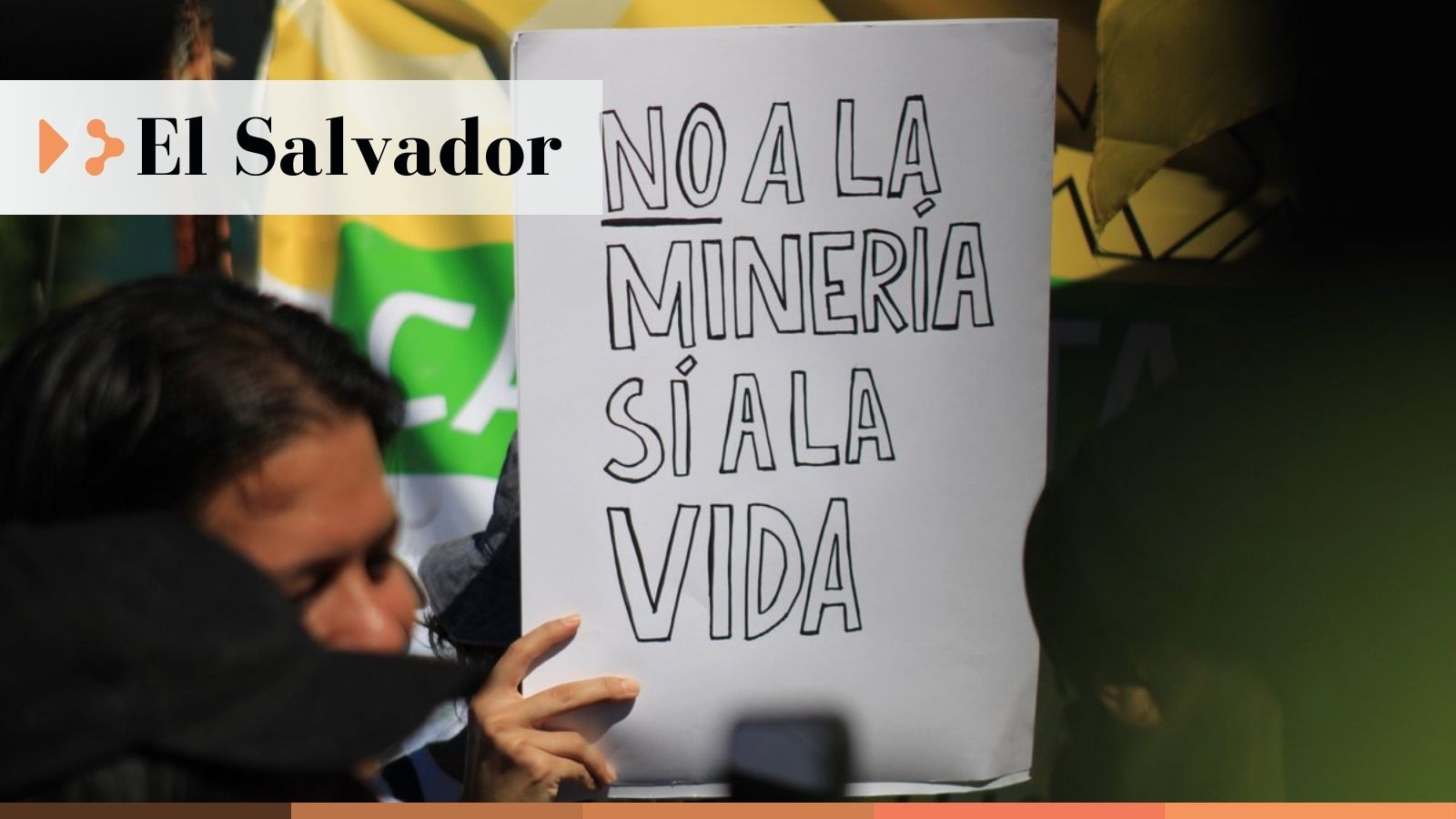






Over 300 organizations, academics, researchers, and legal experts from 44 countries, have signed a letter asking President Bukele to drop charges against five salvadoran water defenders and reject mining projects.
San Salvador and Washington, D.C. – On January 31, a wide range of leading human rights, environmental, and faith-based organizations, academics, and lawyers released a letter calling on Salvadoran President Nayib Bukele to reject toxic mining projects in El Salvador and to drop the charges against five leading Salvadoran water defenders ahead of the retrial that is currently slated to begin on February 3.
January 11 marked the second anniversary of the infamous 2023 arrest of five Salvadoran water defenders on politically motivated charges. Although all five were found innocent of all charges in a unanimous verdict by a tribunal in 2024, they now face a retrial after an appeals court annulled the ruling in a decision that has been widely condemned as a travesty of justice.
Over 300 organizations from 44 countries and territories and 180 academics and legal experts from 21 countries have signed a letter ahead of the Feb. 3 retrial of the five prominent Salvadoran water defenders who are facing politically-motivated charges.
The five prominent water defenders played an instrumental role in the community-led movement that won the country’s historic 2017 law prohibiting metallic mining in El Salvador, the first of its kind in the world. Yet, on December 23, 2024, El Salvador’s legislature passed a new law that allows mining back into the country, omits environmental impact assessments, lacks transparent information on mining activities, and does not require consultation and consent of the communities that will be impacted.
Despite the claim that only the state is allowed to conduct mining activities in the country, the law opens the door for mining corporations to partner with the government and clears them from any environmental abuses they may commit.
The letter of opposition to mining is signed by hundreds of organizations that have witnessed the destructive impacts of mining all over the world (including their own countries), and that understand that El Salvador faces multiple challenges and environmental threats that would be exacerbated by the reintroduction of mining. The letter lays out the ways in which mining would increase El Salvador’s risk of environmental contamination, human rights violations and public health concerns, and it therefore requests that the President listen to water defender movements in El Salvador and not allow new mines.
A recent Central American University (UCA) poll that was released right ahead of the December 23 reversal of the mining ban found that 61 percent of Salvadorans oppose a return to mining. El Salvador’s previous 2017 mining law that prohibited all metals mining was passed unanimously in the legislature. Almost four-fifths of Salvadorans opposed mining in a 2015 (UCA) poll.
“It is remarkable that hundreds of expert organizations and individuals from 44 countries are joining over 60 percent of Salvadorans in rejecting toxic gold mining in El Salvador. The unanimous seven-year ban on all metals mining in El Salvador that has protected the rivers of that country must be respected,” said John Cavanagh of the Institute for Policy Studies, and co-author of The Water Defenders: How Ordinary People Saved a Country from Corporate Greed.
“We reject the criminalization of the Santa Marta Water Defenders for their valiant leadership in denouncing the reactivation of mining in El Salvador. We call on the Attorney General to drop the charges against these leaders who were acquitted on all charges in October and for the protection of civil society and environmental leaders who defend life,” said Christie Neufeldt of The United Church of Canada.
“Water is life. We stand with the Santa Marta Five and support their commitment to reinstate the ban on metals mining. Free the five,” said Peggy Goetz of the Washington Ethical Society.
“El Salvador’s new mining law is a major step backward in the country’s efforts to prioritize environmental protection. To completely ignore science and the vocal opposition of a wide range of Salvadoran civil society and communities is unconscionable, undemocratic and puts people’s lives at risk,” said Caren Weisbart of Common Frontiers.
“As the signatures to this letter demonstrate, the Salvadoran water defenders are heroes across the globe – and not the criminals that President Bukele’s government is desperately trying to frame them as. So too was El Salvador, with its historic metals mining ban, a beacon of hope for the millions across the globe who know well that water is life,” said Dr. Robin Broad, Research Professor, American University and Guggenheim Fellow.
Read the full letter and list of signatories: https://ips-dc.org/wp-content/uploads/2025/01/Jan-31-2025-Letter-Signatories-English.pdf
Help us continue this critical and urgent work with a donation!
DONATE NOW